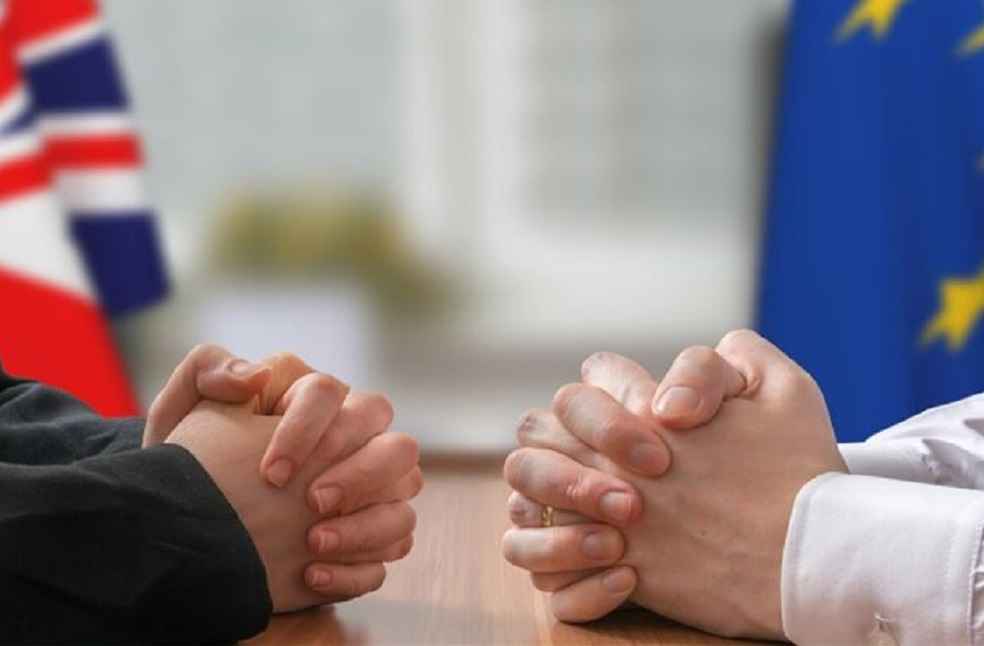European lawmakers have recently endorsed the New Zealand trade agreement, a move that sets a new benchmark for environmentally conscious trade practices globally.
This endorsement by the European Parliament marks a transformative approach to international trade, with a strong focus on environmental and sustainability aspects. German MEP Daniel Caspary, central to the deal’s advancement, highlighted it as the EU’s most modern agreement, poised to influence future trade negotiations.
Although the economic effects on the EU are relatively modest, the deal carries significant strategic importance. It is projected to increase EU-New Zealand trade by up to 30% and EU investments in New Zealand by 80%. This underscores the EU’s strategy to expand its trade network, especially in the Indo-Pacific region, amidst escalating tensions with Beijing.

The agreement introduces enforceable labor and sustainability standards, a move that has generated global discussions. Some countries perceive this as the EU creating trade barriers under the guise of environmental protection.
Replicating the high standards of the EU-New Zealand deal in other negotiations has been challenging. Talks with the Mercosur bloc of South American countries, for example, have been hindered by the EU’s sustainability requirements, leading to complex negotiations involving significant cooperation aid.
This agreement aligns with the EU’s goal to lead in environmentally sustainable trade. Its negotiations with Chile, crucial for the EU’s ambitions in battery production and lithium access, also reflect this commitment, despite some criticisms about enforceability.

The European Parliament’s trade committee chair, Bernd Lange, described the vote as ‘historic,’ noting unprecedented support for a trade agreement. He stressed the role of such agreements in providing direction and stability to the EU’s trade policy during challenging times.
With the European Parliament’s nod, the ball is now in New Zealand’s court for ratification, expected within the next year. Both parties are hopeful for the agreement’s activation by the following summer, marking a new chapter in trade relations focused on sustainability and mutual progress.
BUSINESS GENERAL | North American Aluminum Chiefs Unite for Enhanced Import Monitoring



